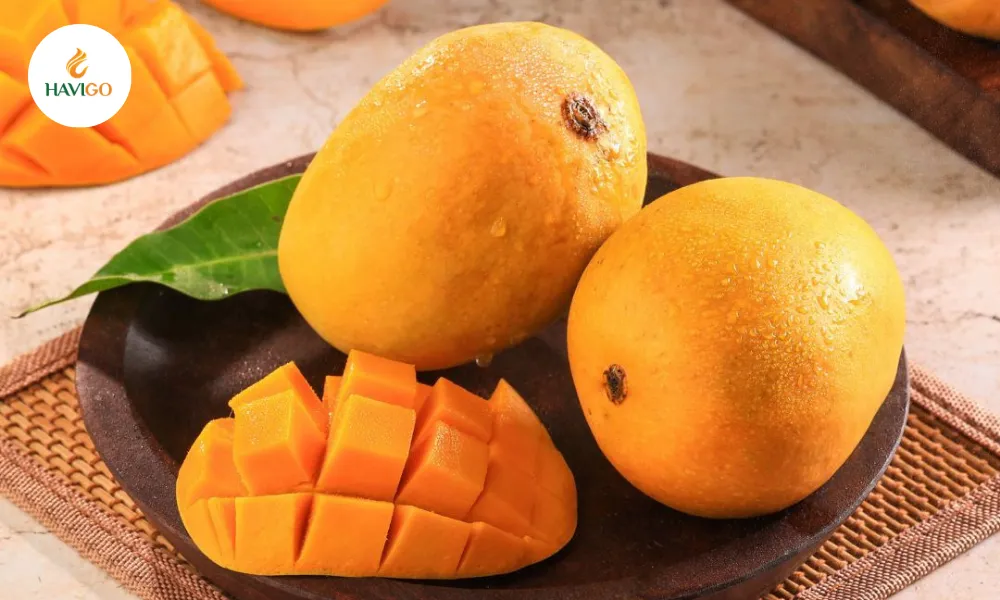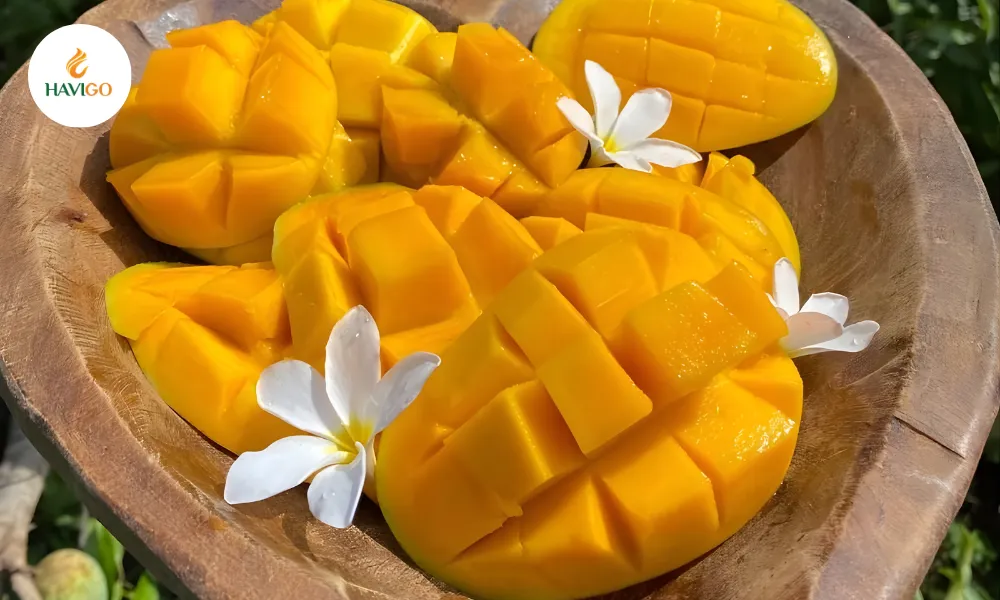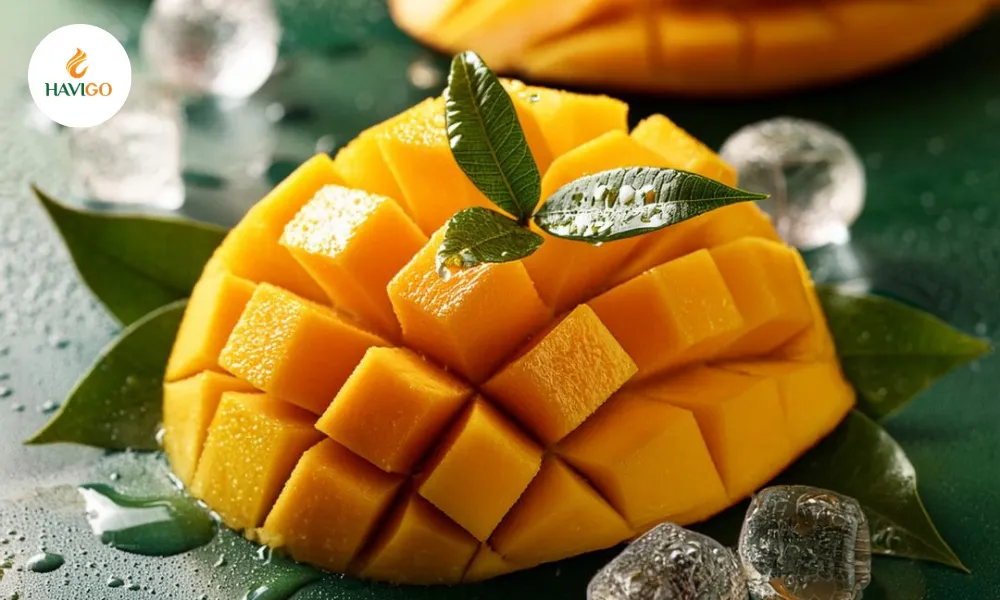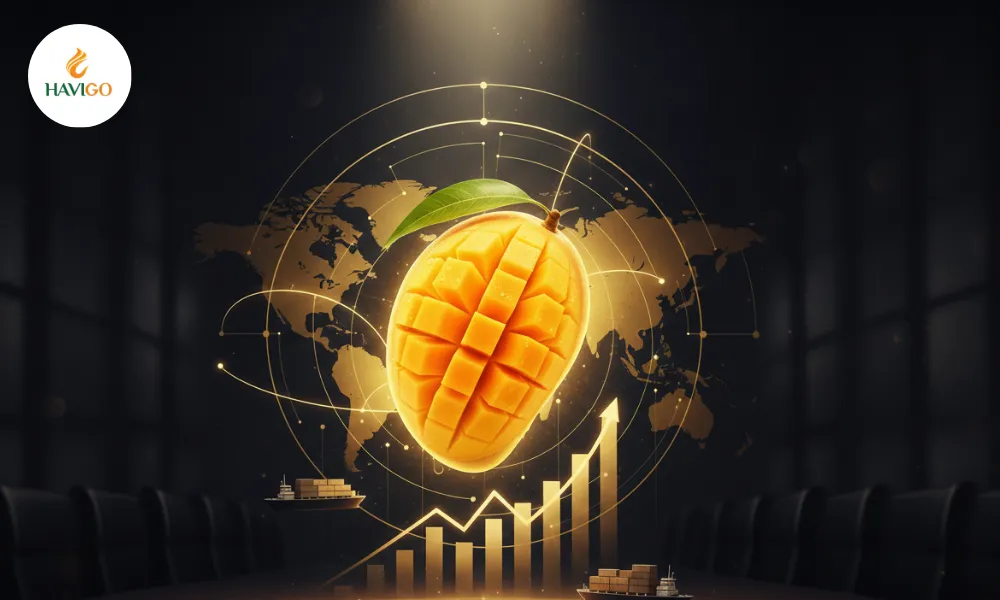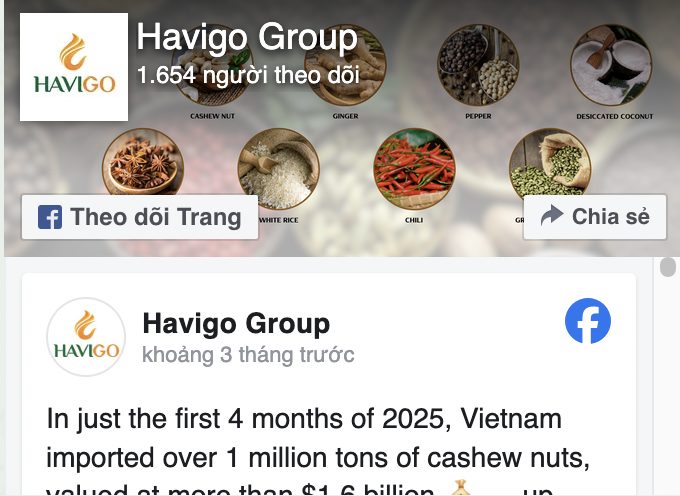Vietnam is known as the world’s leading producer of black pepper. But how do these pungent spices go from pepper vine to spice rack? Let’s delve into the fascinating world of Vietnamese black pepper growing, exploring the methods farmers use to cultivate this prized ingredient.
1. The conditions for the cultivation of Pepper
Pepper vines require many climate and soil conditions to grow. Firstly, the altitude should be between 500 meters and 1,500 meters above sea level. Second, pepper plants grow well in the average annual temperature range of 20°C to 30°C. Besides, the annual rainfall typically ranges from 1,500 mm to 3,000 mm, providing steady moisture. In addition, the soil has good drainage, which is necessary for growing peppers. The volcanic soil is ideal because it can supply the nutrients pepper vines need to thrive. Finally, the presence of shade trees benefits pepper cultivation. These trees buffer extreme temperatures and provide protection against strong winds.
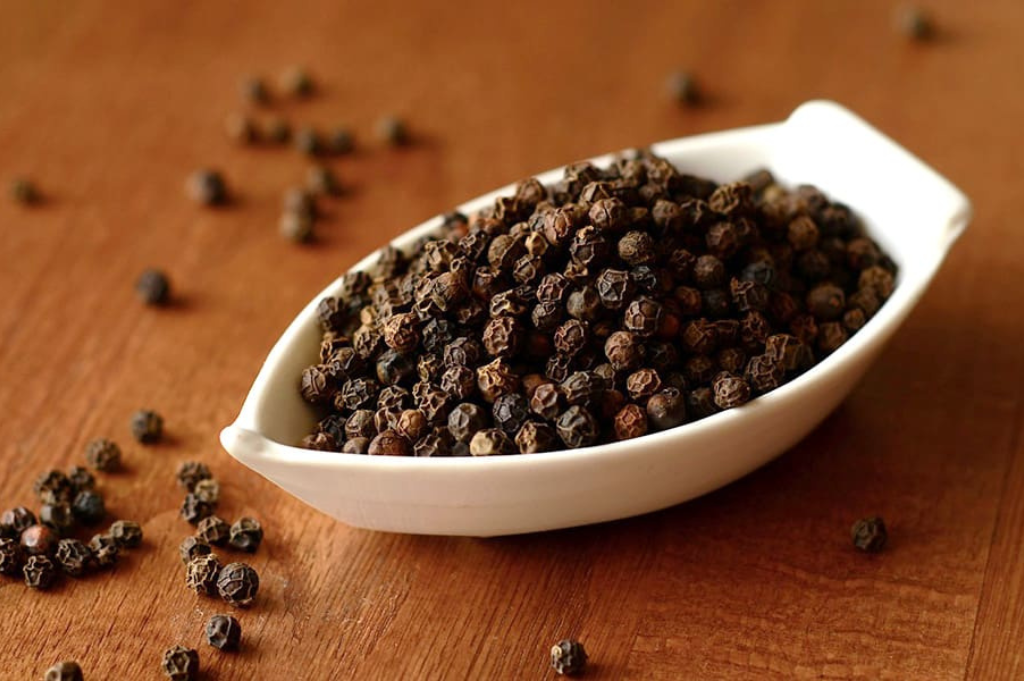
In Vietnam, the Central Highlands and Southeast regions in Vietnam offer an optimal climate, suitable soil, and protective measures for successful black pepper growing.
2. Preparation for Black Pepper farming
Before planting, farmers consider factors like climate and location. They choose peppercorn varieties suited to their region. These conditions are perfectly met in many parts of Vietnam, particularly in the Central Highlands and Southern and specifically Phu Quoc.
The black pepper plant is a climbing vine. So, the pepper vines require support like trellises or posts to climb and grow. First of all, the farmers need to prepare the trellis and post for the plants to climb.
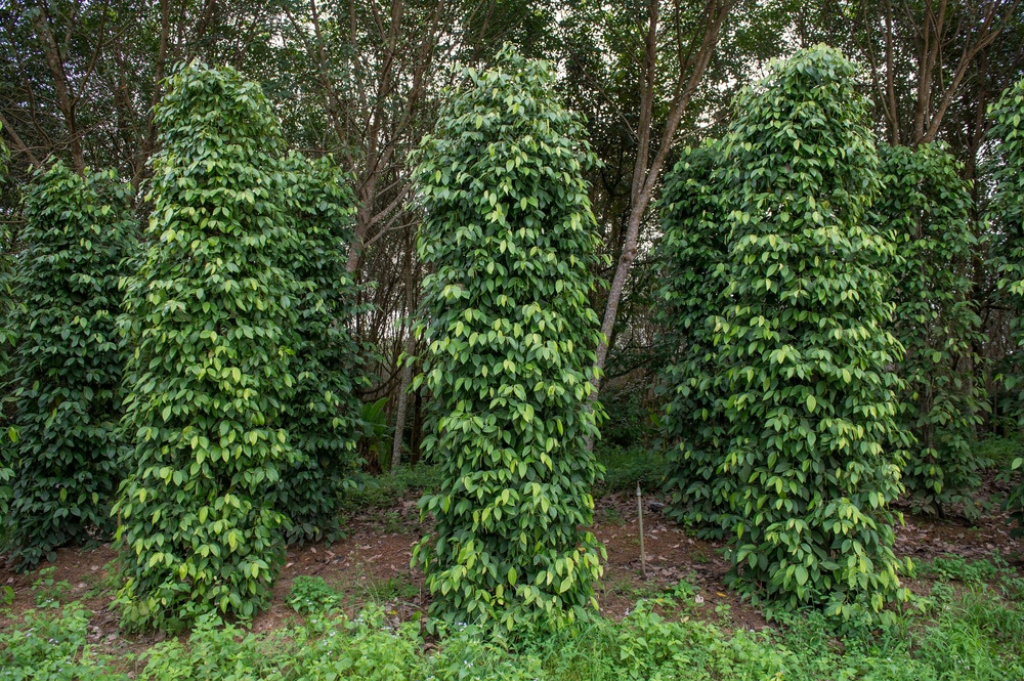
Pepper plant thrives in warm, humid regions with well-draining soil. So, preparing soil is also an important step. Farmers plow the soil carefully and treat for pathogens before planting. For acidic soil, before final harrowing, it is necessary to de-acidify the soil with a soil pH regulator. The farmers also fertilize the soil with decomposed manure combined with Pepper 1 fertilizer and phosphate PA. These nutrients are mixed well with the topsoil layer.
3. The arts of growing and harvesting Peppercorn
No need to sow seeds, Vietnamese farmers plant black pepper plants using cuttings taken from mature vines. These cuttings are then carefully nurtured until they are strong enough to be transplanted into the field. Regular weeding and farm maintenance are crucial to ensure the pepper plants thrive. When watering the pepper vines, they follow the rule: water deeply and less frequently. The farmers also need to take care of the plant daily to prevent insects and diseases.
After fruiting, black pepper usually takes 8-10 months to ripen. Depending on different weather conditions, times may vary. Normally, the farmers harvest black pepper in February or March.
When the peppercorns turn from green to a yellowish hue, they are ready for harvest. They usually pick the whole bunch when some ripe pepper berries appear. The farmers do this process by hand, ensuring to pick the ripest peppercorns. They pick peppercorns when still firm and green. The delicate peppercorns are gently plucked from the vines to prevent damage. Rough handling can bruise the peppercorns and affect their quality.
After harvesting, they move to the processing step. They sort green peppercorns to remove any leaves, stems, or other impurities. This ensures that only high-quality peppercorns make it to market. After that, the pepper berries enter the drying or soaking process to make the suitable kinds of pepper.
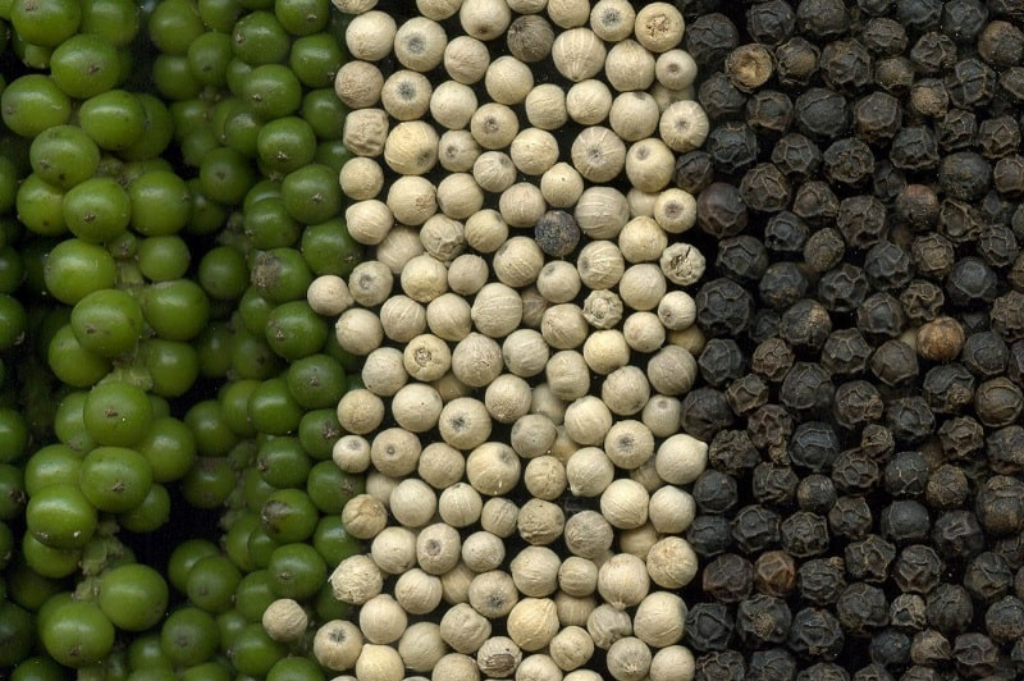
Finally, the color of the peppercorn products depends on the processing method. People dry black peppercorns in the sun, resulting in their strong, pungent flavor. For white peppercorns, they soak the riper fruits and de-hull before drying, creating a milder flavor. For green peppercorns, farmers pick unripe and they preserve pepper in brine or vinegar, retaining their fresh flavor and vibrant green color.
Havigo Company Limited operates in the field of agricultural export. We wish to bring high-quality Vietnamese agricultural products such as spices, rice, beans, and fruits… to the world. We supply you with high-quality products at the best price. If you find interested in importing Vietnam Pepper, don’t hesitate to get in touch with us for better support via WhatsApp: +84 979 58 58 56.

